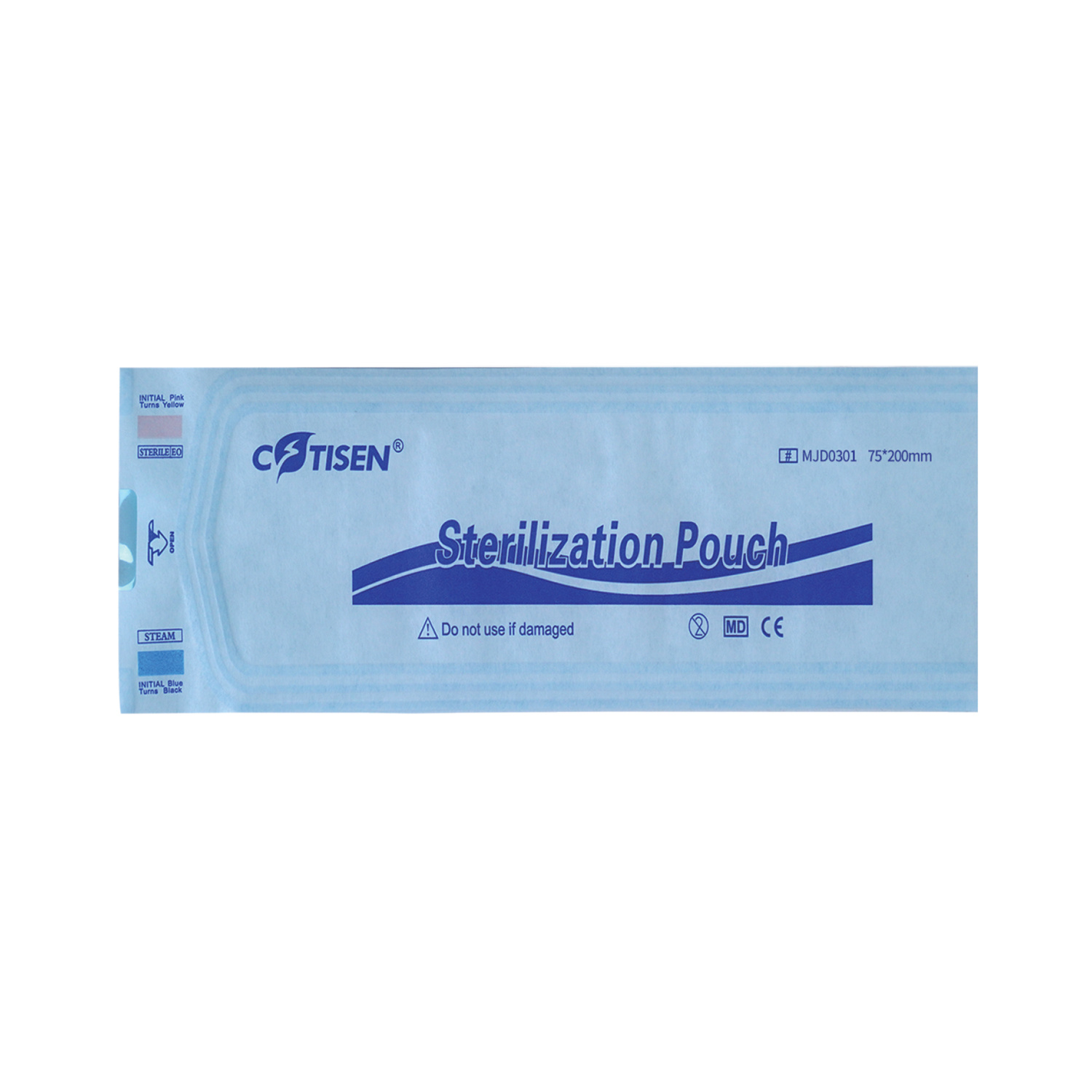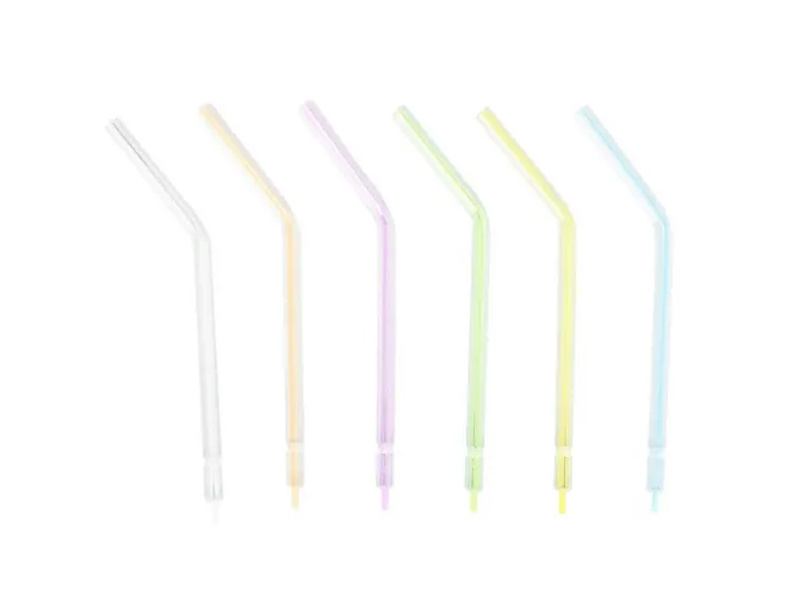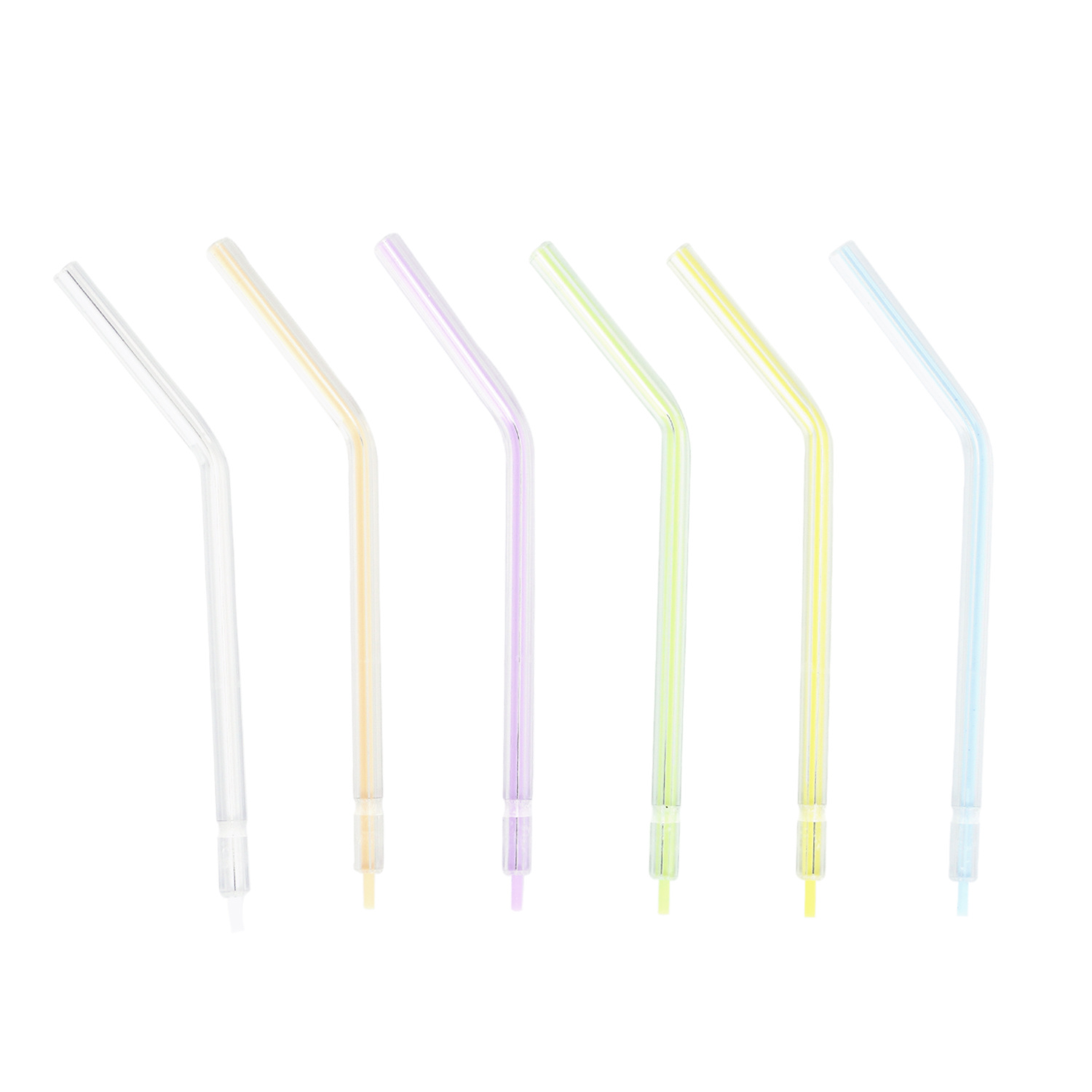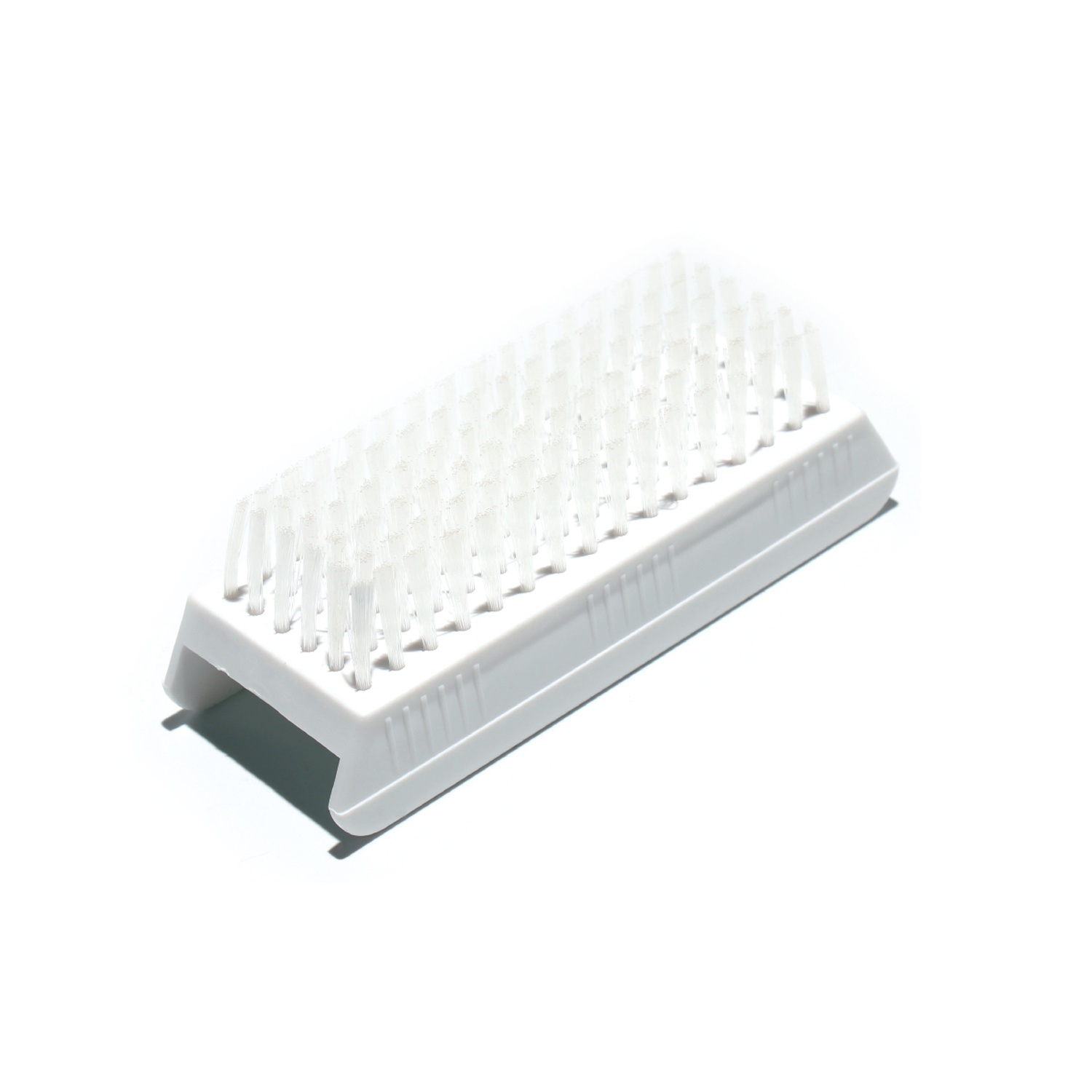The Essential Guide to Dental Face Masks: Protecting Health in Clinical Settings
Dental face masks are an integral part of personal protective equipment (PPE) in the healthcare industry, particularly in dental practice. They serve the primary purpose of safeguarding both healthcare providers and patients from the transmission of infectious agents. In environments where procedures generate aerosols, splatter, or direct contact with bodily fluids, dental face masks become even m

Dental face masks are an integral part of personal protective equipment (PPE) in the healthcare industry, particularly in dental practice. They serve the primary purpose of safeguarding both healthcare providers and patients from the transmission of infectious agents. In environments where procedures generate aerosols, splatter, or direct contact with bodily fluids, dental face masks become even more critical.
One of the key features of dental face masks is their filtration efficiency. Masks are designed to filter out bacteria, viruses, and particulate matter, reducing the likelihood of airborne transmission. The level of protection offered can vary, with some masks featuring multi-layer designs that enhance their filtration capabilities. It is essential for dental professionals to select masks that comply with established health standards to ensure maximum protection.
There are several types of dental face masks available, each tailored to specific needs. Surgical masks, for instance, are commonly used in dental offices. These masks are designed to protect against large droplets and splashes, making them suitable for procedures that involve direct contact with the patient. On the other hand, N95 respirators provide a higher level of protection by filtering out smaller airborne particles. They are recommended for use during aerosol-generating procedures due to their superior filtration efficiency.
In addition to their protective functions, dental face masks also play a vital role in promoting a culture of safety within dental practices. By wearing masks, dental professionals signal to patients that their health and well-being are a top priority. This reassurance can foster trust and confidence in the care provided, encouraging patients to adhere to recommended dental visits, which is essential for maintaining oral health.
Proper usage and disposal of dental face masks are critical to their effectiveness. Masks should fit snugly over the nose and mouth and should be replaced regularly, especially when they become damp or soiled. After use, masks should be disposed of in accordance with local regulations to minimize the risk of contamination.
In conclusion, dental face masks are a fundamental element of infection control in dental practices. Their ability to filter harmful pathogens and protect both patients and providers makes them indispensable in maintaining a safe clinical environment. As the healthcare landscape continues to evolve, the importance of understanding and utilizing effective dental face masks cannot be overstated. By prioritizing the use of these protective tools, dental professionals can contribute significantly to public health and patient safety.
One of the key features of dental face masks is their filtration efficiency. Masks are designed to filter out bacteria, viruses, and particulate matter, reducing the likelihood of airborne transmission. The level of protection offered can vary, with some masks featuring multi-layer designs that enhance their filtration capabilities. It is essential for dental professionals to select masks that comply with established health standards to ensure maximum protection.
There are several types of dental face masks available, each tailored to specific needs. Surgical masks, for instance, are commonly used in dental offices. These masks are designed to protect against large droplets and splashes, making them suitable for procedures that involve direct contact with the patient. On the other hand, N95 respirators provide a higher level of protection by filtering out smaller airborne particles. They are recommended for use during aerosol-generating procedures due to their superior filtration efficiency.
In addition to their protective functions, dental face masks also play a vital role in promoting a culture of safety within dental practices. By wearing masks, dental professionals signal to patients that their health and well-being are a top priority. This reassurance can foster trust and confidence in the care provided, encouraging patients to adhere to recommended dental visits, which is essential for maintaining oral health.
Proper usage and disposal of dental face masks are critical to their effectiveness. Masks should fit snugly over the nose and mouth and should be replaced regularly, especially when they become damp or soiled. After use, masks should be disposed of in accordance with local regulations to minimize the risk of contamination.
In conclusion, dental face masks are a fundamental element of infection control in dental practices. Their ability to filter harmful pathogens and protect both patients and providers makes them indispensable in maintaining a safe clinical environment. As the healthcare landscape continues to evolve, the importance of understanding and utilizing effective dental face masks cannot be overstated. By prioritizing the use of these protective tools, dental professionals can contribute significantly to public health and patient safety.
Related Posts















